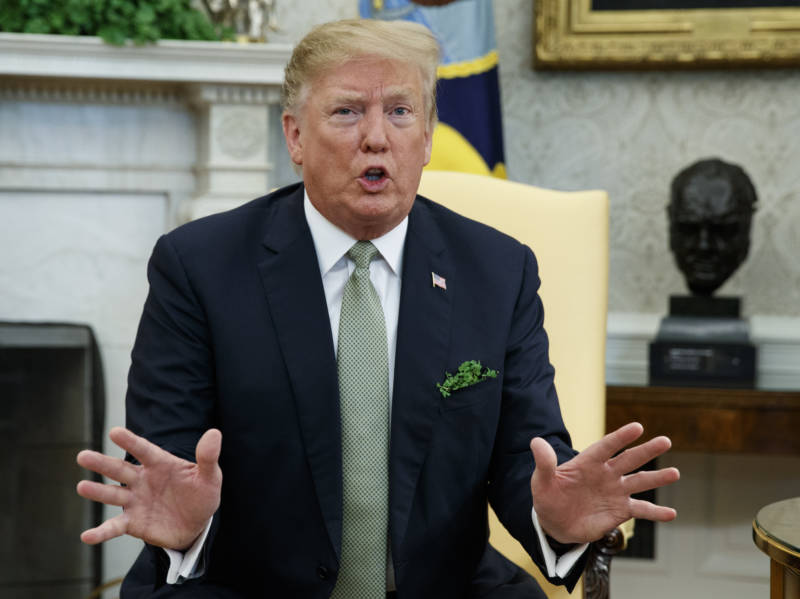A federal judge on Thursday handed President Donald Trump a victory in his effort to keep his financial information secret, siding with his campaign’s effort to block a California law aimed at forcing him to release his tax returns.
Trump Notches Win in Bid to Block California Tax Return Law for Presidential Candidates

The ruling by U.S. District Judge Morrison England Jr. comes as the president faces multiple Democratic-led efforts to force him to reveal his returns. Also Thursday, Trump sued to block New York prosecutors seeking to obtain the returns as part of a criminal investigation.
Trump has bucked decades of precedent by refusing to release them, arguing they are under audit.
England, an appointee of former Republican President George W. Bush, plans to issue a written ruling by Oct. 1, and California is expected to appeal. After the ruling, California Secretary of State Alex Padilla said he believed a new state law requiring presidential candidates to release their tax returns was constitutional despite the legal setback.
The law signed by Democratic Gov. Gavin Newsom in July says candidates for president must release five years of tax returns by November to run in the California primary, which is scheduled for March 2020.
Attorneys for Trump and the Republican Party argued the law violates the U.S. Constitution by adding an additional requirement to run for president. England also seemed open to their argument that a federal law requiring presidents to disclose financial information supersedes state law.
“I don’t care how you skin the cat, it’s an unconstitutional law,” said Harmeet Dhillon, a lawyer for the state and national Republican parties.
Democratic state lawmakers have argued that tax returns provide critical information for voters because they show a candidate’s financial dealings, business interests and charitable giving.
The bill’s co-author, State Sen. Scott Wiener, a San Francisco Democrat, said getting the returns was the “least that we can do to know who it is we’re voting for.”
“Everyone assumed for decades that it was mandatory that you disclose your tax returns because every presidential candidate did it,” he said in mid-July on the Senate floor before the vote.
The law is a part of a feud between California and the Trump administration. They have clashed over issues like immigration and environmental regulations, including the state’s auto mileage standards — which Trump said this week he is revoking because they are stricter than those issued by federal regulators.
Former Gov. Jerry Brown, a Democrat, vetoed similar tax return legislation in 2017, arguing it would create a slippery slope of putting extra requirements on presidential candidates.
All the major Democratic presidential contenders have released their tax returns. California’s law also applies to candidates for governor.
KQED News’ Miranda Leitsinger contributed to this report.
